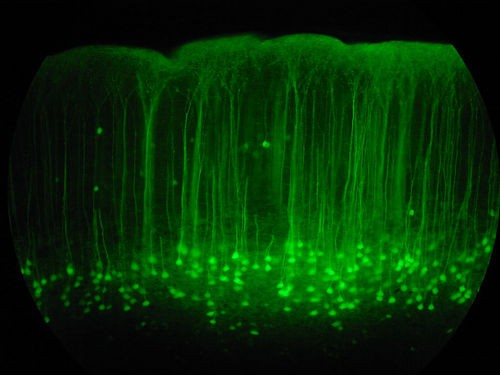Former Meth Users Can Regain Impulse Control; After About a Year of Abstinence
Researchers at UC Davis have shown that although meth users in recovery have a very difficult time with impulse control, that after 1 year of abstinence, the brain regains much cognitive control.
Some good news for those in recovery from meth amphetamine addiction…it does get easier, in time.
Ruth Salo, out of UC Davis, has spent a career studying the behavioral neuropsychiatric and cognitive consequences of meth addiction. She says that while researchers used to believe that meth addiction caused global irreversible brain damage, her latest research reveals that in time, recovering meth addicts can expect to see some improvements – after about 1 year of sobriety.
Salo led a research team at UC Davis that tested the cognitive control capabilities of 65 former meth addicts. All study subjects had been abstinent for at least 3 weeks; some had been abstinent for years. The pre abstinence duration of amphetamine use ranged from 24 months to 28 years.
Salo had users complete a computer mediated Stroop Attention Test, a very well proven test that has subjects focus on a task while trying to ignoring distractions, which measures cognitive control abilities.
She found that those very newly in recovery (6 months clean or less) fared significantly worse on the test than subjects who had been abstinent for a year or longer. In fact, subjects clean for a year or longer performed the Stroop Test as well as a control group of non-drug using subjects.
Saol also found that subjects with longer histories of meth use did more poorly and longer histories of abstinence are associated with increasing test scores.
What Is Cognitive Control?
Cognitive control enables longer term planning and effective decision making.
Sola explains the importance of cognitive control by saying, "The test taps into something people do in everyday life: make choices in the face of conflicting impulses…For meth users, impairments in this decision-making ability might make them more likely to spend a paycheck on the immediate satisfaction of getting high rather than on the longer-term satisfaction gained by paying rent or buying groceries."
She says that the study offers a lot of hope to those in recovery wondering 'if they are ever going to feel better' and that it also offers insight into why the first year of methamphetamine recovery can be so challenging. She hopes that treatment providers will take this information into account when designing programs for the early days of meth recovery.
The results of this cognitive decision making study reinforce study data from one of Salo's earlier experiments, which used MRI imaging to reveal a recovery in some brain chemical functioning after about 1 year of meth abstinence.
Salo calls meth use a "pandemic" affecting 35 million worldwide and states that although recovery is difficult, it is possible.


